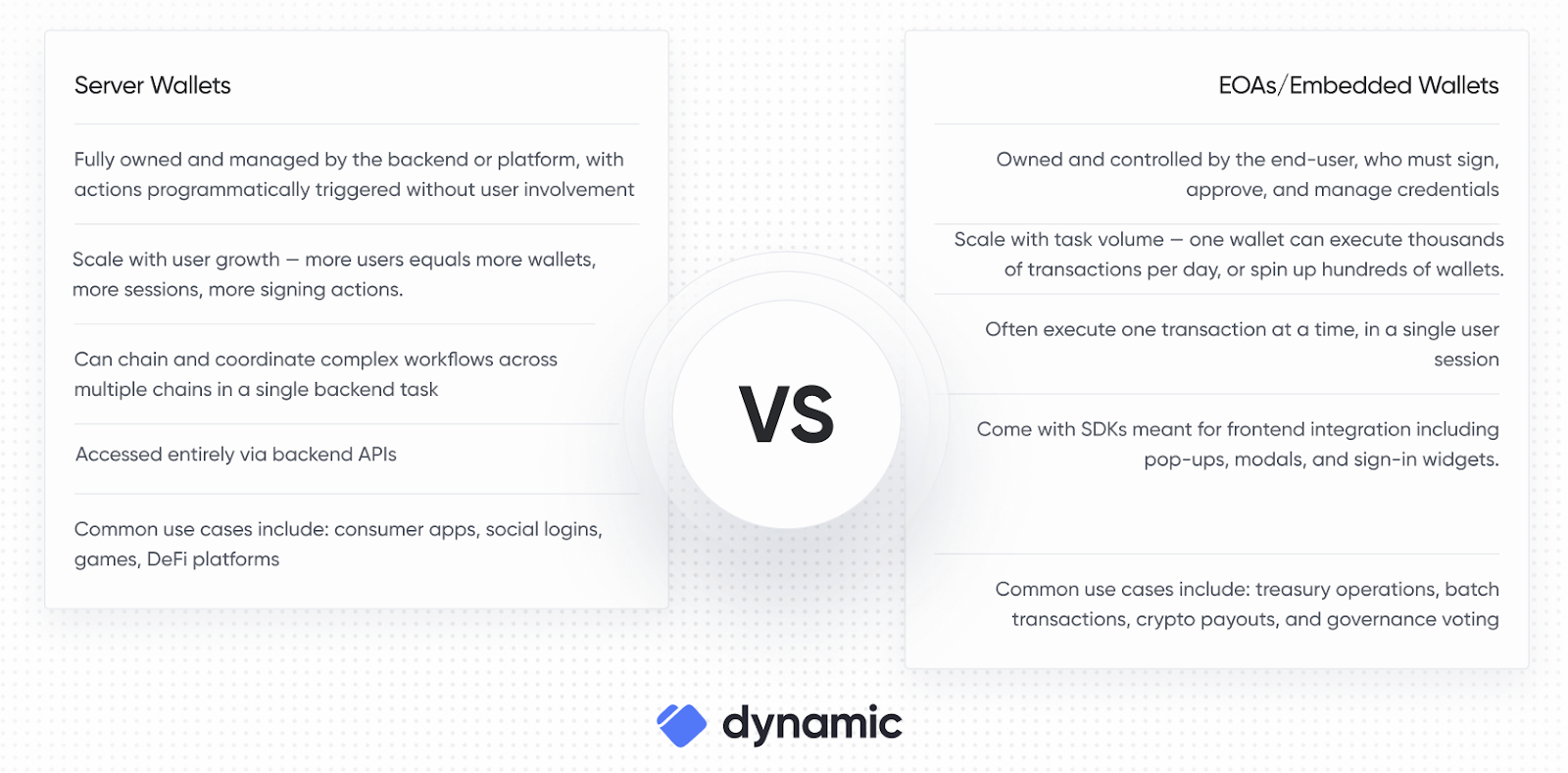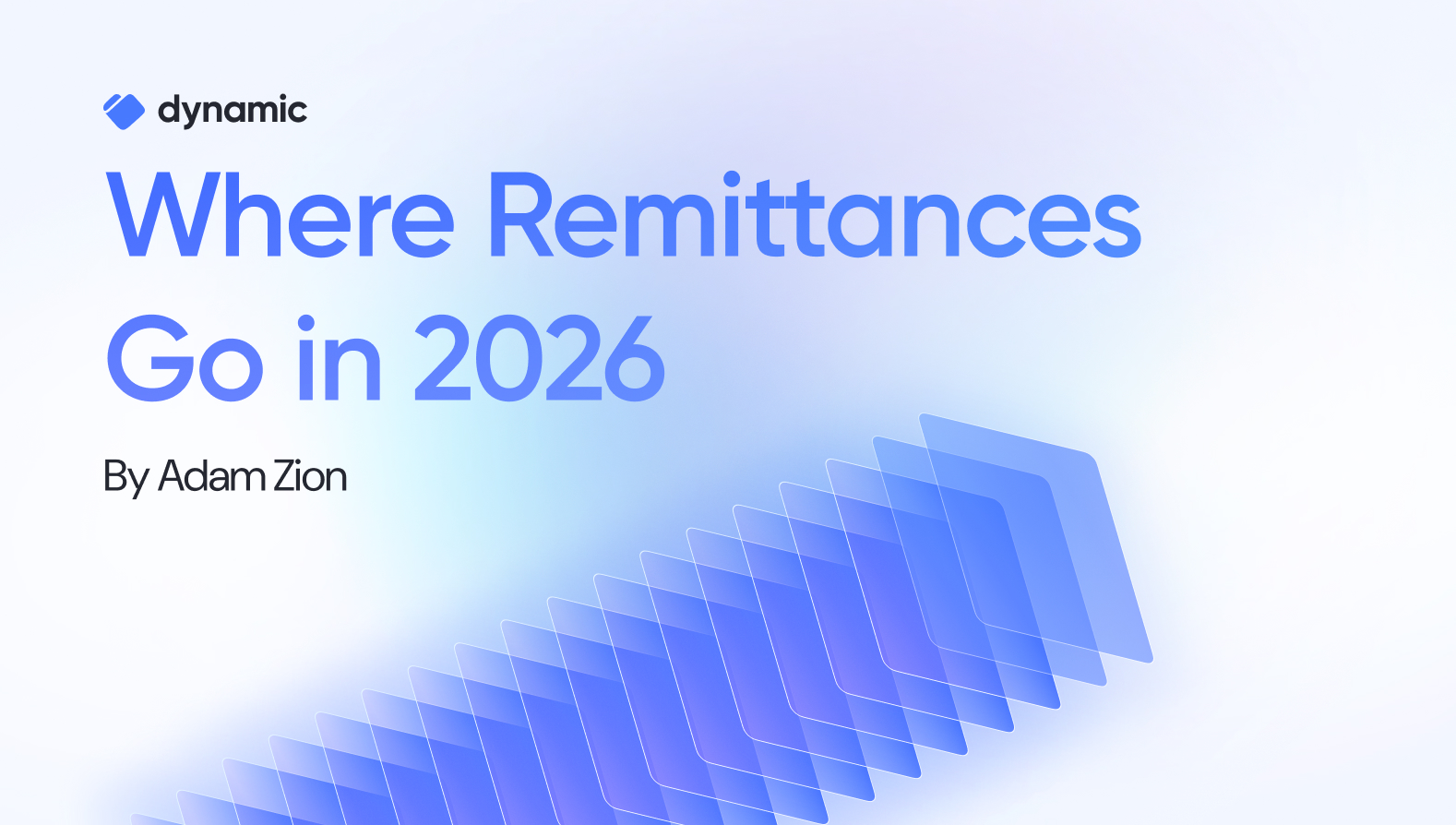How Orchestration Companies Can Use Server Wallets to Power Onchain Payments


In the crypto world, “wallet” often brings to mind browser extensions, QR codes, or mobile apps. But for a growing number of orchestration companies, wallets have become tools for execution and automation, not end-user interfaces.
Orchestration companies operate behind the scenes, connecting blockchains, compliance checks, and fiat rails into programmable financial workflows. These companies don’t just process transactions. They manage how value moves, when it moves, and under what conditions.
Whether they are powering automated payments, treasury management operations, or embedded crypto experiences, orchestration platforms rely on a control layer that can securely execute transactions without human intervention. That is where server wallets come in.
What Are Server Wallets?
Server wallets are built on TSS-MPC infrastructure and are fully owned and managed by the backend of your application. They’re designed to submit transactions and run complex flows on behalf of your platform, not individual users.
Unlike traditional crypto wallets, server wallets open up the ability to:
- Automate fund movements, rebalance portfolios, and execute onchain treasury strategies
- Power autonomous wallets that vote, restake, or execute contract calls
- Programmatically distribute earnings, rewards, or commissions across wallets at scale
- Manage workflows instantly, and much more
For orchestration companies, server wallets act as the execution layer that connects backend logic to onchain outcomes. They bring consistency and auditability to every action triggered by your orchestration logic.
Comparing Server Wallets to Embedded Wallets and EOAs

Why Orchestration Companies Use Them
Orchestration platforms act as middleware between applications and blockchains. Their workflows are complex, multi-step, and compliance-heavy.
Here’s why server wallets are such a strong complement to orchestration platforms:
- Automated execution at scale: Server wallets can handle onchain fund movement, trigger contract calls, and distribute earnings across thousands of wallets instantly. This unlocks precise control over workflows such as reward distribution, treasury rebalancing, and large-scale merchant payouts.
- Enterprise-grade security: Built on MPC (multi-party computation), server wallets decentralize key control across services to remove single points of failure. Beyond key management, they incorporate additional safeguards like time locks, spending limits, and transaction throttling to reduce risk, while audit trails provide full visibility into every action taken.
- Policy-driven access control: With role-based permissions, orchestration platforms can define who is authorized to initiate, approve, or observe specific wallet operations. Whether assigning permissions to developers, finance teams, or compliance officers, server wallets provide granular control without slowing down execution.
Share this article



